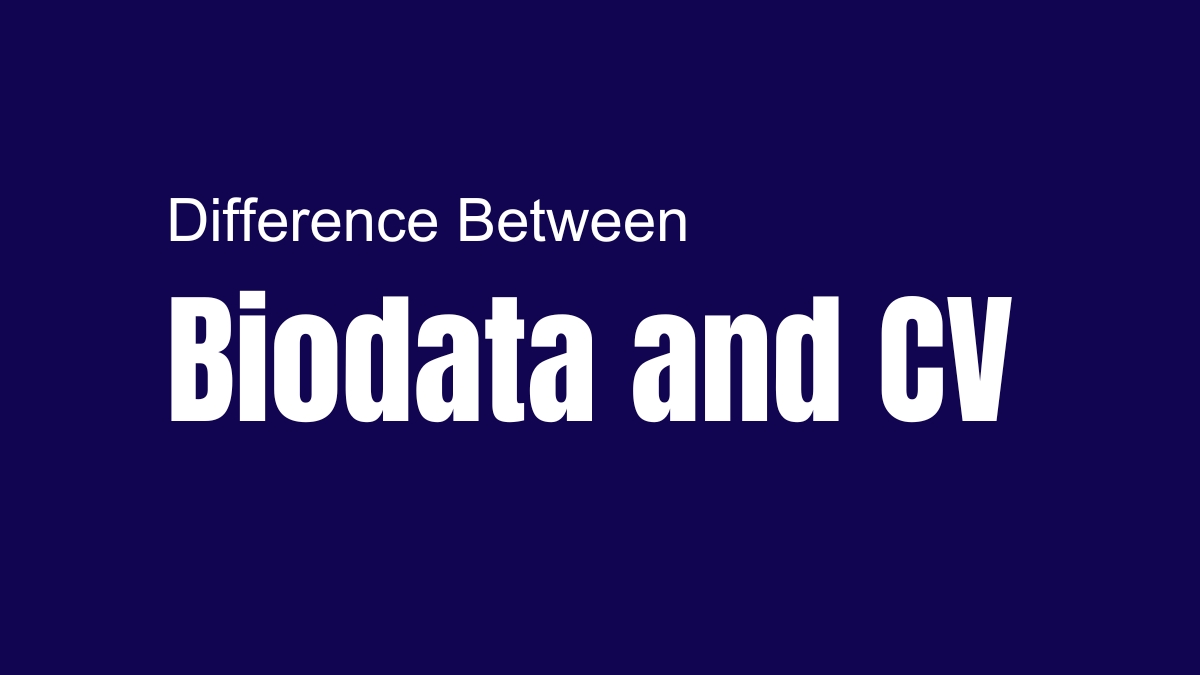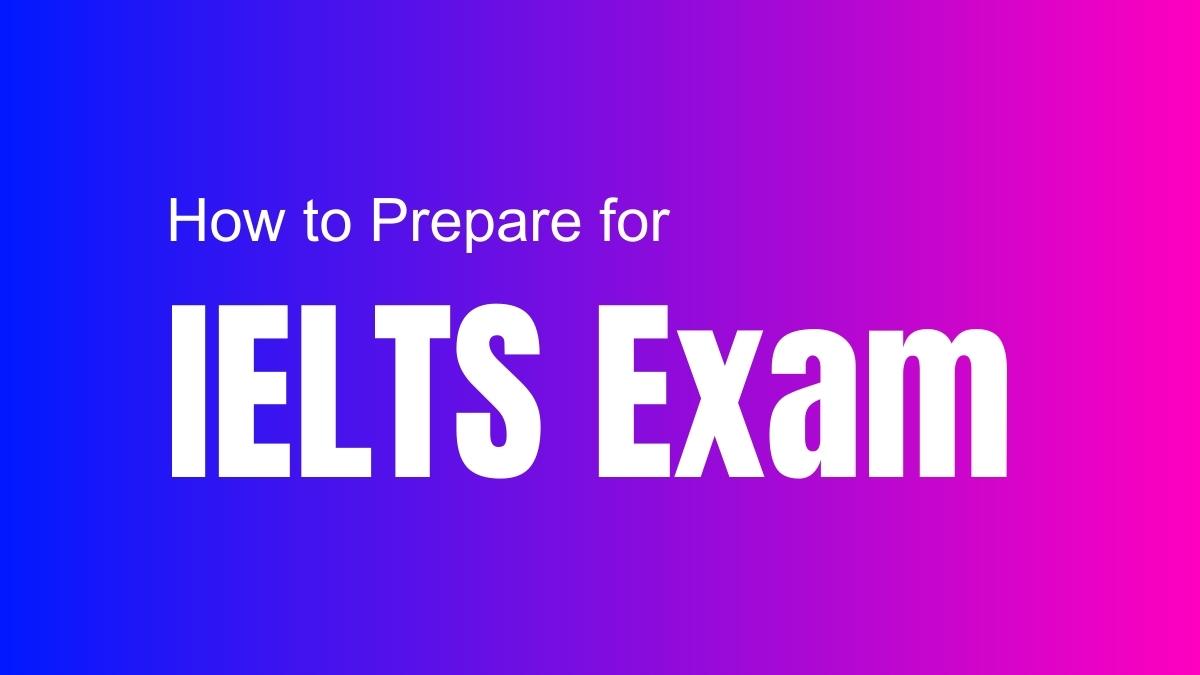Difference Between Biodata and CV
Biodata and CV (Curriculum Vitae) are both documents used to provide information about a person's background, qualifications, and experience. However, they differ in their format, content, and purpose:
Biodata:
1. Format: Biodata is typically a shorter document compared to a CV. It is presented in a simple and concise format, usually spanning one or two pages.
2. Personal Information: Biodata includes personal details such as name, age, gender, date of birth, marital status, and sometimes even physical attributes like height, weight, etc.
3. Educational Background: Biodata highlights the individual's educational qualifications, including academic achievements, degrees, and certifications.
4. Family Background: In some cultures or contexts, biodata may include information about the individual's family, such as the names and professions of parents and siblings.
5. Employment History: Biodata may provide a brief overview of the individual's work experience but not in as much detail as a CV.
6. Purpose: Biodata is commonly used in social and matrimonial contexts, particularly in countries like India and other South Asian countries, where it serves as a summary of the individual's personal and educational background for marriage proposals.
CV (Curriculum Vitae):
1. Format: A CV is usually more detailed and structured, extending to multiple pages, especially for experienced professionals.
2. Personal Information: A CV typically includes only essential personal details such as name, contact information, and sometimes nationality.
3. Educational Background: Similar to biodata, a CV also highlights the individual's educational qualifications, but it provides more comprehensive information, including academic achievements, coursework, research, and dissertation topics.
4. Employment History: A CV provides a detailed account of the individual's work experience, including job titles, job responsibilities, achievements, and duration of employment for each position.
5. Skills and Achievements: A CV often includes sections highlighting skills, achievements, publications, presentations, awards, and other relevant information.
6. Purpose: A CV is commonly used for job applications in various industries and professions. It serves as a comprehensive document that showcases the individual's qualifications and experience to potential employers.
In summary, biodata is a brief summary of an individual's personal and educational background, primarily used in matrimonial contexts. On the other hand, a CV is a more detailed and comprehensive document that focuses on the individual's education, work experience, skills, and achievements, primarily used for job applications.




